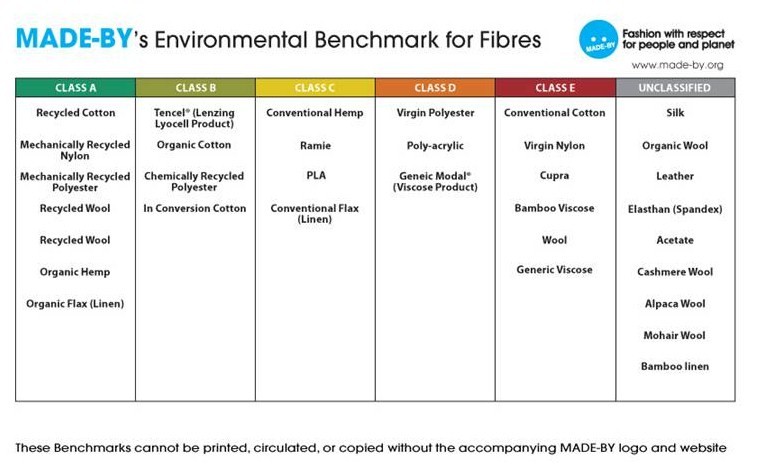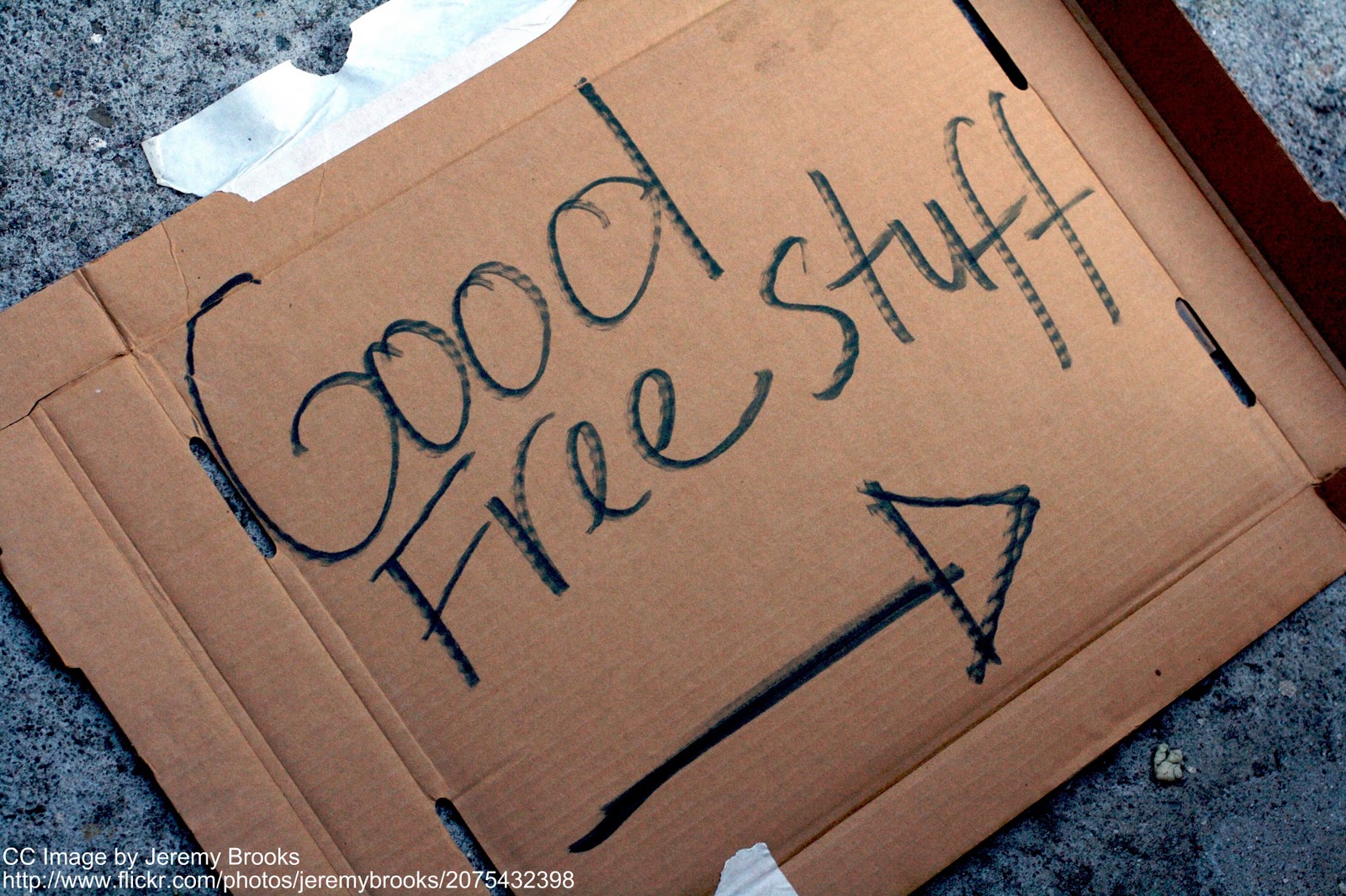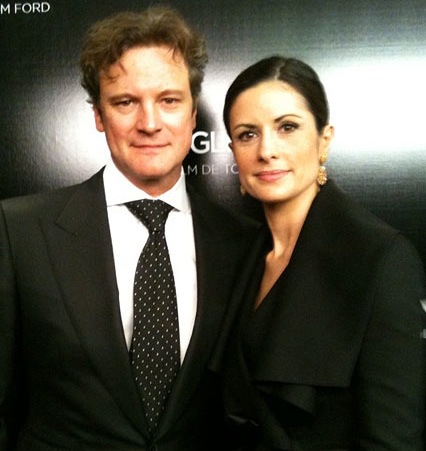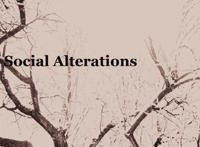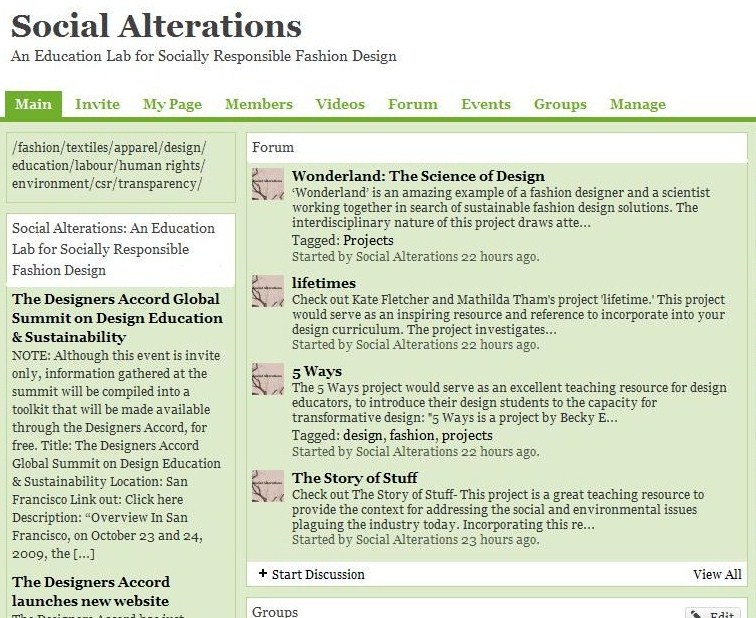
Based out of Toronto, Canada, Fashion Takes Action is a member’s based organization dedicated to transforming the fashion industry. FTA helps businesses, as well as designers, students, consumers and researchers, become more aware of their social and environmental impact, while learning the benefits of operating a more sustainable business.
Up this week on the FTA site is video coverage of their recent event “Sustainable Fashion 101.” Presentations from FTA Founder, Kelly Drennan, Andrea Stairs, Head of Marketplace Development at eBay, Ellen Karp, President of Anerca, Elsa Poncet, ECOCERT Europe, and Lorraine Smith, an Independent Sustainability Consultant can be viewed here.
Also, stay tuned to FTA this Fall for the upcoming workshop “Eco Garble – Eco Garbage = Eco Garb” with Lorraine Smith.
Here is an overview of the workshop:
Many clothing retailers are offering eco-products in response to consumer demand for green. But it’s not always clear why products are eco-friendly; in some cases the environment may actually be the worse for wear in spite of the greenest of intentions.
There is a lot of information about environmentally sustainable fabric out there. Some of it is helpful and based on scientific, time-tested facts. Some of it is greenwash. And some of it is a confusing mix of both.
Why is bamboo more sustainable than cotton? Or is it?
Is the flame-retardant in babies’ sleepwear safe for the environment? Or for babies?
Why do some say wool is baaaad for the environment even though it’s renewable?
This half-day workshop will take a life cycle approach to garments and environmental sustainability. During the workshop participants will:
- Experience a hands-on survey of raw materials in fabrics including wool, cotton, flax, cellulosics (rayon, bamboo, soy), and petrochemical-based fibres, providing an understanding of what these materials are in their simplest form, and how they are harvested/extracted and processed into cloth.
- Review the environmental and social risks and opportunities associated with different fibre sources throughout the life cycle of textile products.
- Identify through interactive discussion ways to measure, manage, and communicate environmental improvements, firmly instilling the “eco” in “eco-garb.”

